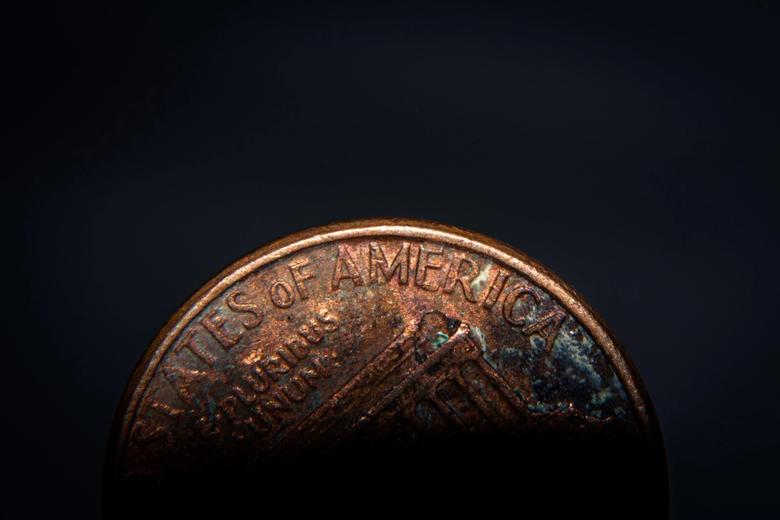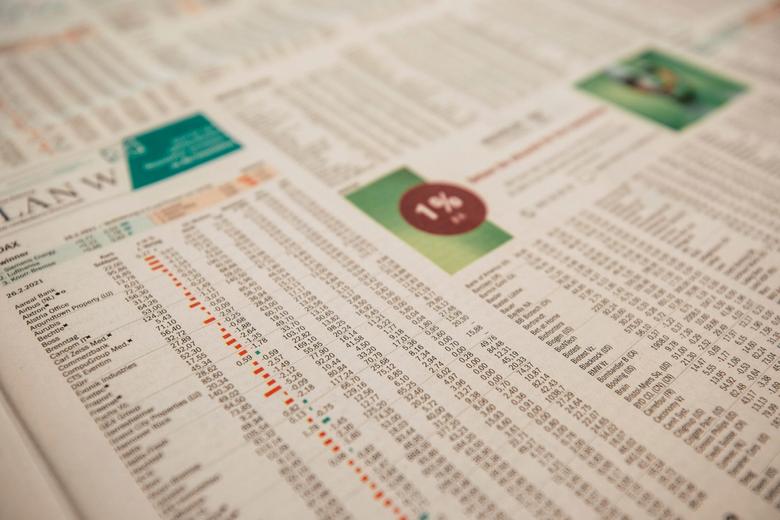Why Inflation Makes Holding Cash Risky
Demystifying inflation + how to plan your finances around it.
Have you ever heard a grandparent talk about paying $1 for a king-sized candy bar and thought to yourself,
"Hey that must’ve been nice, nowadays you’ve got to pay like $3 for one of those"
The reason that products were so astoundingly cheap back in the day is that inflation has slowly decreased the purchasing power in the economy. The meta point here is: cash loses value over time and smart investors always plan for how to keep up with inflation.
Demystifying What Inflation Means
Inflation is an economic term that gets thrown around quite often in common conjecture. In simplistic terms:
Inflation is the general rise in the price level in an economy over a given period or the decrease in buying power for a single unit of currency.
- If inflation has increased in one year, $1 will be less valuable than it was in the previous year.
- If inflation decreases, then the $1 will be more valuable.
If you've never fully grasped inflation before, these real life examples may help:
The Situation Today is Scary
The Wall Street Journal says:
"Investors are woefully unprepared for what may be a once-in-a-generation shift in the market".
And they're not wrong. Inflation rates are climbing steadily. In the past, 3-4% of inflation was considered high. Today, we're seeing higher numbers. According to the recently published US Bureau of Labor Statistics Data in October '21:
- US Inflation Rate is at 9.1%, compared to 1.37% last year.
To understand the full effects of inflation, consider the following example of the purchasing power of $100 in 1971, as compared to today.
- According to the Bureau of Labor Statistics consumer price index, prices in 2021 are more than 557% higher than prices in 1971.
- In other words, $100 in 1971 is equivalent in purchasing power to about $657 today.
Cash is no longer king

If you hold cash in a high inflation period, you are passively losing money.
The seven biggest pension fund nations globally, which are the most conservative investment funds, have an average of just 4% cash exposure. Meanwhile, they hold 45% in equities. As an individual you may need more liquidity than this, especially as you near or enter retirement. However, most investment research, like the UBS Investor Watch Survey in 2020, shows the majority of people hold onto too much cash to their own detriment.
Inflation is like a game of musical chairs
To fully grasp why holding cash in a period of high inflation might hurt you, it's important to first review how it affects the economy:
- People are less capable of purchasing goods. Why? If inflation causes the dollar to be less valuable and when employers do not raise wages to compensate, people will have less ability to buy goods around them.
- More taxes. For example, local governments use taxes to pave roads and build schools. As construction and operating costs become more expensive, the government will adjust fiscal policy to raise tax rates and account for the rising prices.
- People tend to stock up. Since inflation often leaves people with less buying power, their marginal propensity to save and stock up on items that lose value slower will increase.
- Inflation... causes more inflation. Cash becomes like a hot potato- no one wants it because it's losing value fast. This means people and businesses buy up durable goods, and ultimately: the supply of money outstrips the demand, and the price of money—the purchasing power of currency—falls at an ever-faster rate.
The Federal Reserve can influence the movement of inflation and control its fluctuations with monetary and fiscal policy. The government often has to interfere to avoid hyperinflation, a phenomenon where money devalues so much that people switch to different currencies. In other words - keeping the dollar strong as a currency is usually when the government will step in.
There are different flavors of inflation- learn more here:
What Causes Inflation?
Inflation has many different culprits. If production costs rise, companies will be forced to raise their prices to compensate for the increase in expenses. Production costs can be caused by several factors, such as government intervention on natural resources.
If you want to learn more about inflation, read this example:
How Investors Manage Inflation

They invest. Investing is essentially shifting your asset holdings from cash to an asset that holds or rises in value faster than inflation.
Take the example of an investor with a $5M portfolio and an annual family expense of $250,000 that is rising by 2% each year due to inflation. What happens if this investor keeps her assets in cash?
It's not pretty.
Keeping the portfolio in cash would halve its value in just 10 years. Any further uptick in inflation would increase the erosion of real purchasing power.
Funds Can Be Stable Investments That Combat Inflation
Historically, market indices such as the S&P 500 have provided steady returns for its investors. Therefore, since the value of this index has consistently risen over time, it competes with inflationary increases as well.
One way to access an index and diversify between a broad number of stocks is through an ETF,or an Extrance Traded Fund. Mutual funds are also popular, but much more expensive since they carry higher management fees.
Consolidate Adjustable- Rate Debt
It may be helpful to consolidate adjustable-rate debt to fixed-rate debt.
Adjustable-rate debt means that the interest rates on loans can fluctuate in accordance with several factors, including inflation. However, fixed-rate debtors can not change their interest rates, which is helpful during inflationary periods.
- If you owe $500 every year to a creditor and ten years later, the dollar’s value has halved, that means you’re paying $250 at the original value in which you signed the loan.
In other words, fixed-rate debt will decrease as inflation rises.
More Conservative Options, Like CDs
In addition to equities, you can also invest in things like Certificates of Deposit, Treasury Bills (known as T- Bills) and money market accounts. These usually grant you some inflation hedge but their interest rates are below what it takes to counter-act inflation. In most cases, you could still be losing some money by using those as an inflation hedge.
Individual Stocks and Crypto
Investing directly into one or more stocks or buying cryptocurrency is also seen as an inflation hedge. This approach is considered risky for two reasons.
First, high volatility: you'd be susceptible to price movements of an individual asset or small group of assets you can afford to buy. If they don't do well, you could stand to lose part of what you invested originally.
Second: overconfidence bias. Most of us think we know which companies will do well. The truth is, in a period of inflation where the market is experiencing all sorts of constraints, even the most robust businesses will be tested. Not diversifying enough or not building a portfolio with sufficient hedges can significantly hurt your returns over the long run.
Think of Cash Strategically
Even in inflation, there's no possible way to live fully cash-free. At the same time, cash creates a drag on returns so you want to think about it strategically based on your needs.
- Emergency and everyday cash: how much do you need for basic life expenses and emergency costs. This money should be easily accessible.
- Planned costs over the next 2-5 years
- (based on your risk tolerance) Put your cash to work in the markets
3 key takeaways
- Why is cash bad? At current interest rates, holding excess cash reduces your wealth as inflation erodes its real purchasing power.
- How much cash do you need? Professional investors typically keep very low cash balances. For some funds, that might be under 4% of their total assets. As an individual, you want to consider having easily accessible cash for emergencies and immediate needs.
- How should I invest instead? Investors should focus on finding yield and growth opportunities. Equities are the main driver of growth in most portfolios. Picking a ETF or fund is often recommended by most investment advisors because it's best of both worlds : investing in an asset that historically outpaces inflation and getting broad exposure. For example, the average annual return on the MSCI All Country World index since 1998 has been 8% (USD total return), meaning investors have doubled their money roughly every 10 years.
The information provided herein is for general informational purposes only and is not intended to provide tax, legal, or investment advice and should not be construed as an offer to sell, a solicitation of an offer to buy, or a recommendation of any security by Candor, its employees and affiliates, or any third-party. Any expressions of opinion or assumptions are for illustrative purposes only and are subject to change without notice. Past performance is not a guarantee of future results and the opinions presented herein should not be viewed as an indicator of future performance. Investing in securities involves risk. Loss of principal is possible.
Third-party data has been obtained from sources we believe to be reliable; however, its accuracy, completeness, or reliability cannot be guaranteed. Candor does not receive compensation to promote or discuss any particular Company; however, Candor, its employees and affiliates, and/or its clients may hold positions in securities of the Companies discussed.
